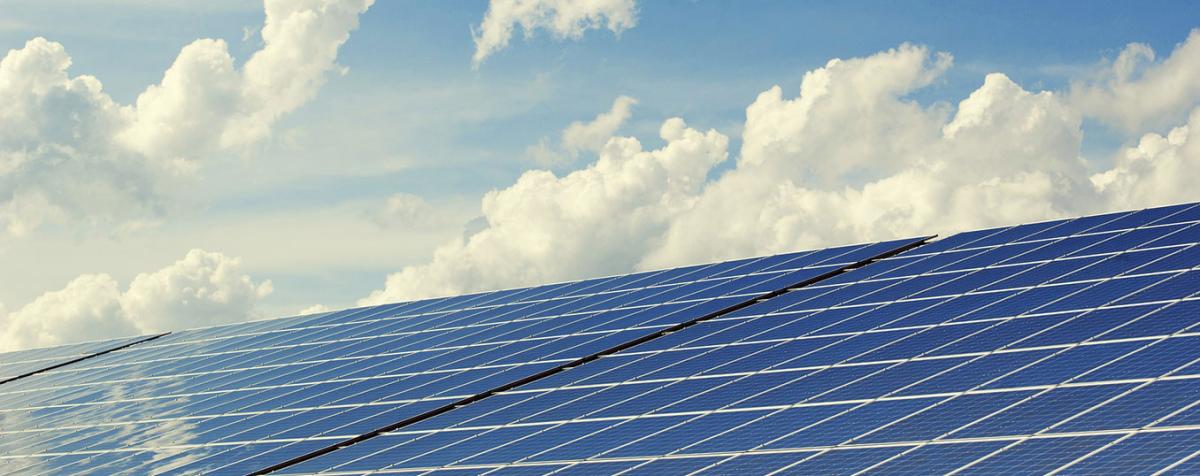Optimizing for Randomness in Power Systems
Exploring New Ways of Limiting Uncertainties
Our Partnership
DU's Amin Khodaei collaborated with George Washington University researchers on a project designed to optimize power systems for the various uncertainties to which they're subject. As the world transitions to an increased level of renewable energy resources, it's essential that we're able to manage the fluctuations and inconsistent factors that affect optimal power flow. We believe that collaborations like this are the ideal way to produce the research and ingenuity needed to innovate new and effective solutions to emerging energy concerns.
About DU Research
We leverage cross-institutional collaboration to address some of today’s most pressing challenges, producing interdisciplinary solutions that influence policymakers to effectively serve the public good. From Stanford to UChicago to NYU, we’ve refined our collaborative process through years of mutually beneficial relationships with institutions nationwide to understand and address challenges like climate change, HIV and youth homelessness.
DU’s current research efforts have been featured in news outlets like The New York Times. They include…
- exploring the effects of felony disenfranchisement.
- employing lasers as the medium for quantum science.
- using theatre to heal and rehabilitate inmates.











